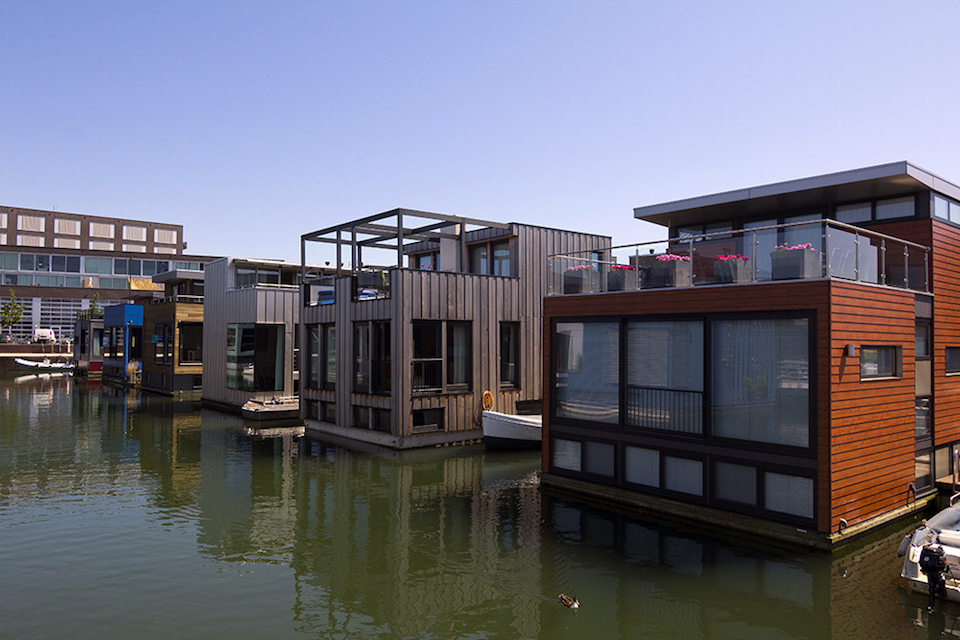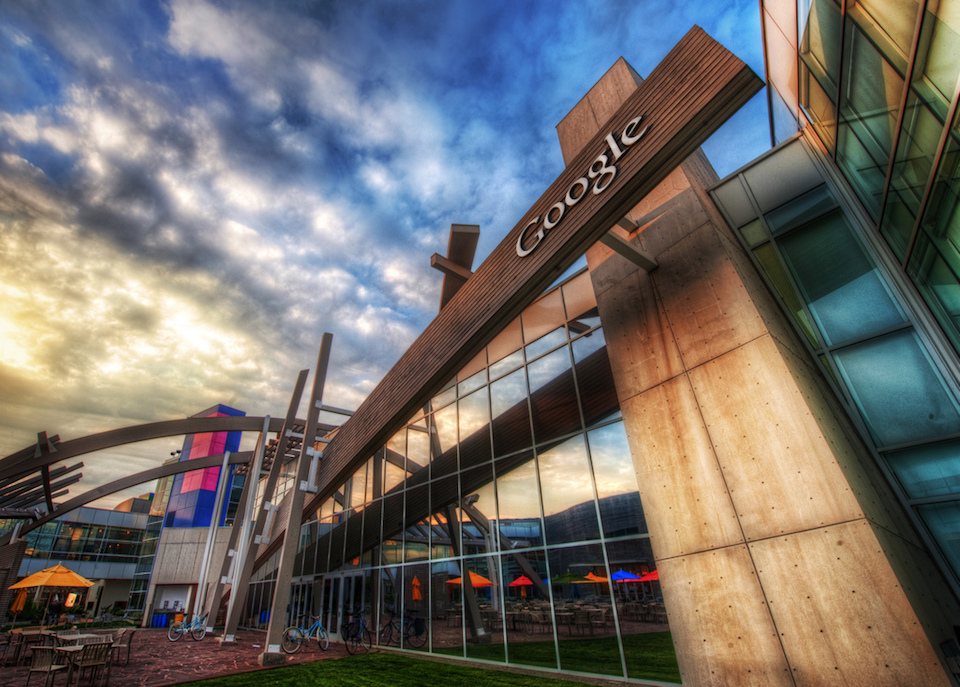Move over idyllic vacations in quaint historic towns with cobble stoned streets and ornate palaces! Instead travel into the future and get a peek of where we are headed. Some cities are already leading the way and creating a smarter, high tech and greener tomorrow! Watch out for these 7 exciting modern cities that are history in the making! Jetpacks and robots coming soon.
1. Seoul, South Korea
What makes it smart? High Technology
Home to tech giants like Samgung and LG, Seoul is most befitting to sit on the throne of high-tech cities. The South Korean capital’s comprehensive internet infrastructure can give even the most advanced western cities a run for their money. With over 10,000 free Wi-Fi hot spots, Seoulites can connect to internet almost anywhere in the city, even underground on the metro. The government now plans to launch 5G by 2020!
Technology is seamlessly weaved into Seoul’s system. The city’s metro station exits are lined with electronic panels that reveal real-time location of the next train as well as waiting times for connecting buses. Forget old school railway stores, stations here have ‘virtual stores’ where commuters can buy products simply by clicking a photo on their smartphones and arrange for home delivery!
That’s how you take technology to the next level!
2. Amsterdam, Netherlands
What makes it smart? Innovative housing and sustainability projects



© Wojtek Gurak / Flickr
Look beyond Amsterdam’s cobbled stoned streets and historic buildings, and you’ll find a futuristic city. To accommodate the city’s growing population, Amsterdam has come up with a bold new housing solution – Floating Homes! IJburg, the city’s innovative neighborhood is built along a series of artificial islands that will soon be home to 45,000 people in 18,000 floating houses! Talk about houseboats going modern!
That’s not all, Amsterdam’s Smart City initiative has kickstarted several collaborative and community led projects to make the city sustainable and high-tech. These projects are divided into four categories – Sustainable Living, Sustainable Mobility, Sustainable Public Space, and Sustainable Working. It’s largest project, Onze Energie (Our Energy) under Sustainable Living aims to supply 8,000 households with renewable energy though windmills. It’s one of a kind public space project, Climate Street, has transformed Amsterdam’s streets into a testing lab for new climate friendly experiments. Even though most of its citizens use bicycles for commuting, Amsterdam is reducing dependence on fueled vehicles through its Sustainable Mobility project Moet je Watt. This project has installed special electrical battery charging stations all over the city for electrical vehicles.
Amsterdam is clearly leaving no stone unturned to become the world’s smartest city!
3. Singapore
What makes it smart? Sustainable Urban Planning


When it comes to technologically advanced cities envisioned with sustainability at its core, Singapore has set the benchmark. A commendable feat for a city with no natural resources! Singapore’s forward looking initiatives have helped it strike the balance between urban and green spaces. The city’s unique Gardens by the Bay was built with the aim of transforming Singapore into a ‘City in a Garden’ by beautifully fusing technology with nature.
This Asian cosmopolitan spearheaded the congestion charging system in 1975 way before other cities. Today, Singapore’s congestion system is first in the world to go digital. The city has also installed sensors and cameras all over to analyze traffic congestion that helps the government reroute traffic and avoid jams. Senior citizens in Singapore are given Radio Frequency Identification Cards (RFID) that help the elderly easily cross roads by extending crossing times at traffic lights!
With such high standards, Singapore is making it hard for other cities to catch up!
4. Songdo, South Korea
What makes it smart? Sustainable Planned Development



While the rest of the world was busy attending roundtable conferences on sustainable development, South Korea went ahead and did it! ‘City of the Future’, ‘High-tech Utopia’, ‘World’s Smartest City’ is how South Koreans are describing their newest city, Songdo. Built on 1,500 acres of reclaimed land near Seoul, Songdo was developed from scratch to be a smart city.
This emerging metropolis has embraced sustainability like none other! This city is designed to be environment-friendly and high tech. 40 percent of its land is reserved for green space. Songdo has redefined waste management with a system that sucks down kitchen waste into a vast network of underground tunnels leading to waste-processing centers! The city has sensors all over to monitor temperature, energy use, and traffic, and charging stations for electric cars.
Now that’s a futuristic city!
5. Barcelona, Spain
What makes it smart? Resource Management and Efficiency



Barcelona is as smart a city as it is beautiful. Spain’s second largest city has revamped its streets with energy saving lights and charging stations for electronic vehicles. Bus stops across the city are equipped with phone charging points. Barcelona has also established an excellent network of sensors that regulate water supply depending on temperature and rainfall. These sophisticated sensors auto-adjust water in sprinklers and fountains saving the city $555,000 each year and has increased water conservation by over 25 percent. What’s even better? The city controls its energy, water and transport operations and services remotely!
Barcelona is taking resource efficiency and conservation to whole new levels and how!
6. London, U.K.
What makes it smart? Public Transport, Technology and Innovation



Although one of the oldest cities in the world, London has always kept itself up to date with modern times. Home to the world’s first underground metro network, the city continued to pioneer transport innovations with its Oyster Card, a cashless payment system and user friendly bike rental system. London’s new Crossrail project will connect 10 new train lines to 30 existing stations by 2018. Costing over $20 billion, it’s the largest construction project in Europe. On the technology front, the city is the world’s third largest tech startup area. The government’s free open source data policy has led to the creation of several innovative startups like Citymapper.
7. San Francisco Bay Area, USA
What makes it smart? IT & Tech Industry and Sustainability



© Trey Ratcliff / Flickr
San Francisco’s Bay Area and the nearby Palo Alto, San Jose, and Menlo Park, better known as Silicon Valley, is where the world’s biggest tech companies were born – Apple, Google, Facebook, Twitter and many more. To add to it, NASA’s Ames Research Institute is also situated here. The city’s tech movement has led to the creation of Code for America, a groundbreaking initiative that brings together developers, designers, coders, product managers and the government to find solutions to USA’s biggest challenges.
San Francisco has also consciously merged its technological growth with environment friendly policies across sectors like energy, infrastructure, waste management, and air quality. By 2020, San Francisco aims to be completely waste-free and is already 78 percent of the way there. More than half of the city’s public buses and light rails are zero emission.
San Francisco is paving the way for ‘green high-tech’ living!
So when are you going to travel smart to these extraordinary cities designed for tomorrow? Book your flights on EMI today and don’t let any financial constraints come in your way of exploring the world.












